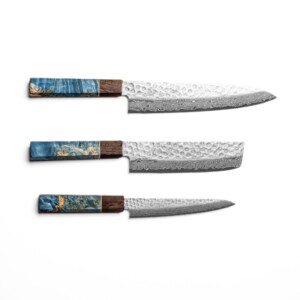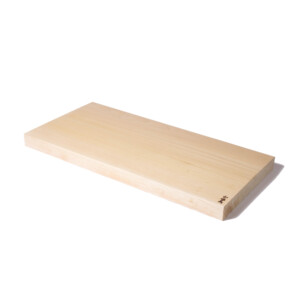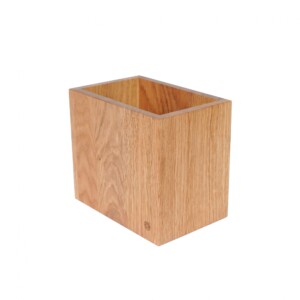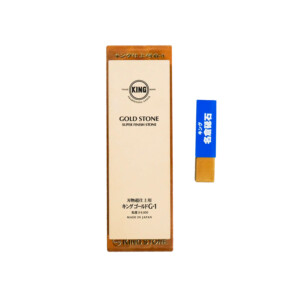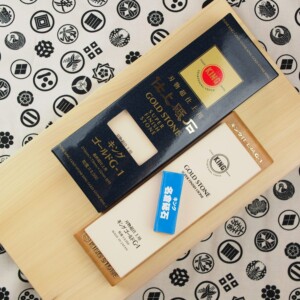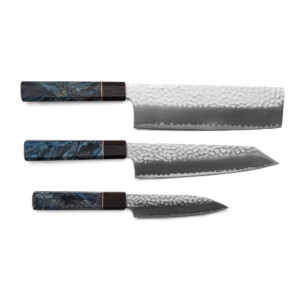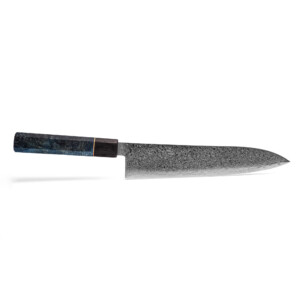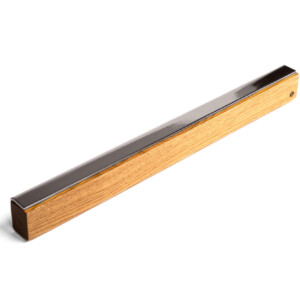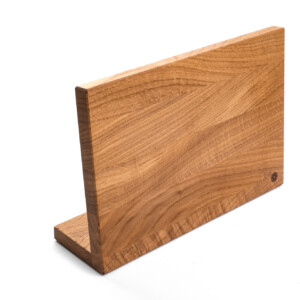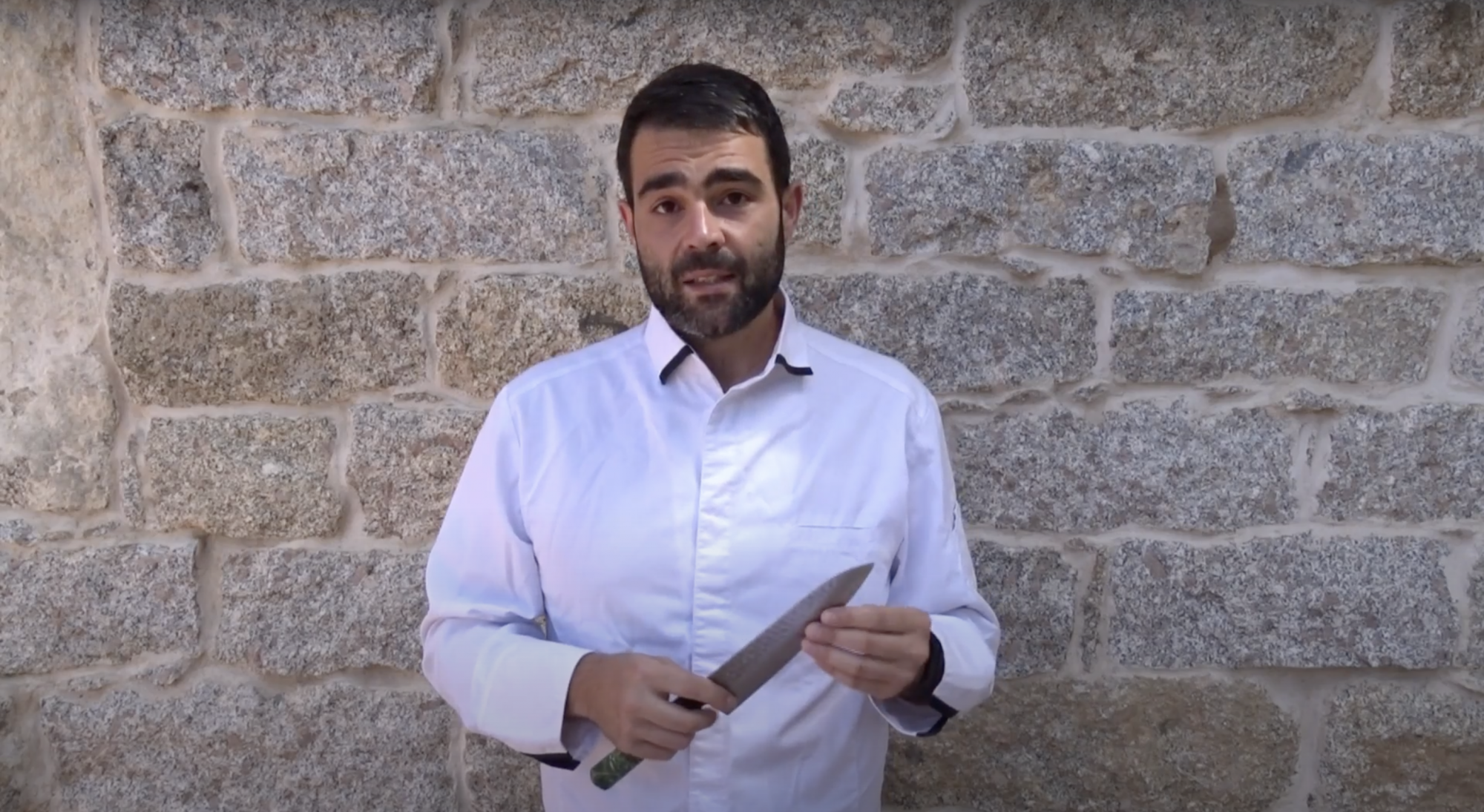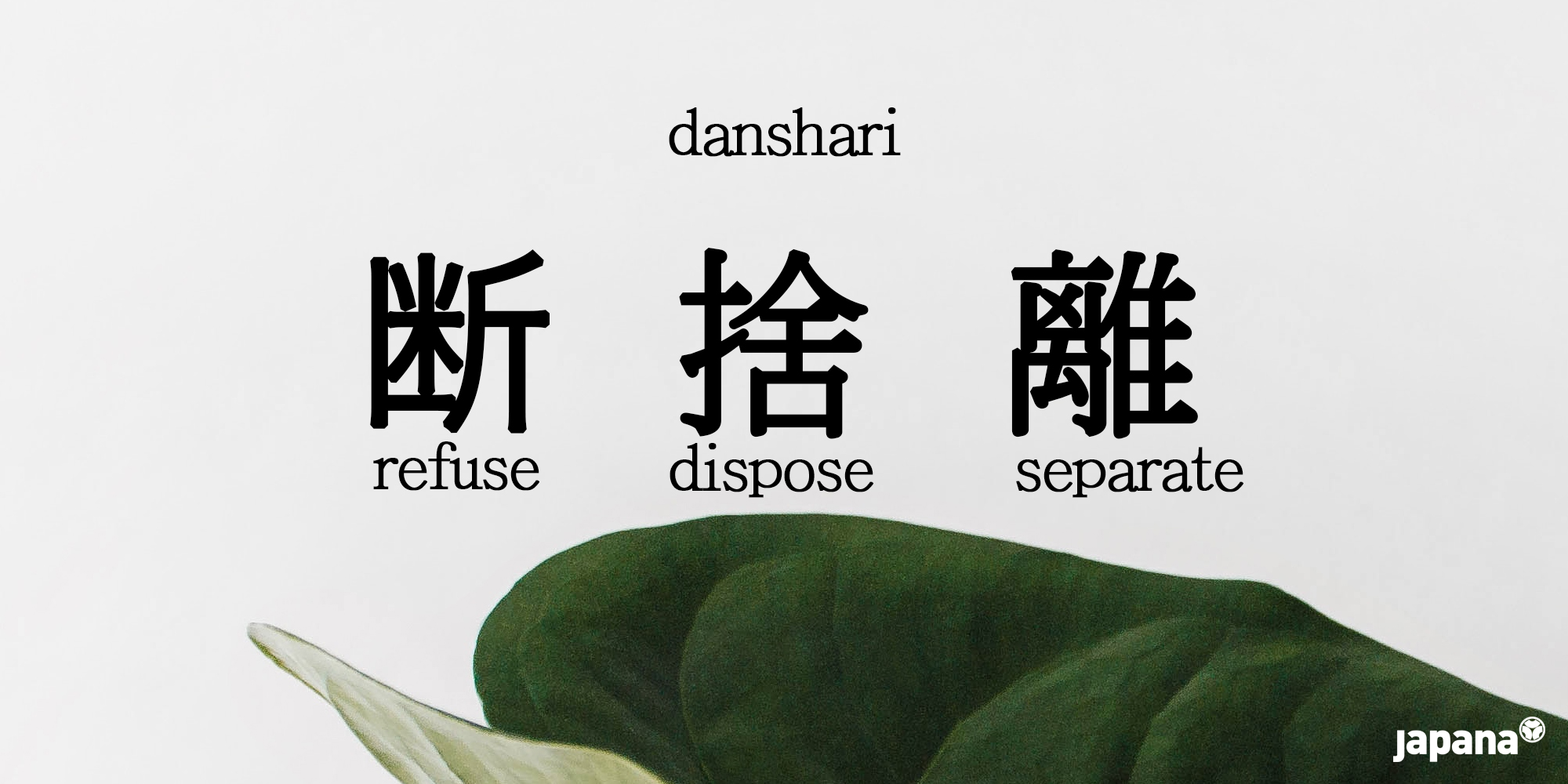
Fume Sasaki and Marie Kondo – the minimalist gurus
The Danshari movement has been popularised by Fumio Sasaki, Japan’s most radical minimalist. He lives in a 30 square meter room that houses all his 150 positions. His book “Goodbye, Things: On Minimalist Living” is destined to become a bestseller, similar to Marie Kondo’s New York Times’ bestseller “The Life Changing Magic of Tidying Up” which is published in 38 countries. For Sasaki, minimalism isn’t about how little you have, but how it makes you feel. Sasaki credits his minimalist lifestyle with helping him lose weight, become extroverted and proactive, and above all, feel happy and grateful for what he has.
Another minimalist guru is Marie Kondo, the queen of decluttering who suggests to open all windows, in the morning, to clear ‘chi‘, a stagnant energy that has accumulated overnight. Another of her tips is: “If you’re ever unsure of what to do, choose the thing or action that sparks joy.”
Sasaki’s and Kondo’s books on the subject are best-sellers, and seminars about it are overbooked. Evidently there’s a need felt for liberation from the swelling detritus of an materialistic culture — an interesting, much needed counterpoint to the frantic calls for yet more production to brace the pumped economy.
Less is more – that's all danshari is about
The danshari minimalist lifestyle of less is more has many advocates from buddhist or zen monks to Silicon Valley technocrats. It’s interesting that this trend is coming from Japan which, after the USA, is second biggest spender. It’s yin and yang of things. Danshari is similar to another Japanese concept of wabi. Wabi’s definition comes from a Zen master, Daisetsu T. Suzuki (1871-1966) who said:
Wabi is to be satisfied with a little hut, a room of two or three tatami mats… and with a dish of vegetables picked in the neighboring fields, and perhaps to be listening to the pattering of a gentle spring rainfall.
Danshari is a cure — or at least a treatment, a purge — for the disease of our times: excess. Unsuprisingly, with human tendency to gather things, it’s been present long before we know it. Shakespeare, as so often is the case, defined it best: “To gild refined gold, to paint the lily, … or add another hue unto the rainbow … is wasteful and ridiculous excess.”
But the extremes to which we’ve taken it are historically unprecedented. Excess is attractive. The developed nations elevated it almost to a human right, and now people in the emerging economies aspire to it, at whatever cost to the environment.
Balance
“It has been calculated,” Japan-based environmental scholar and writer Richard Evanoff found out “that it would take the resources of at least five planet Earths for everyone to live at the same level as most Americans do now.” Problem is – we don’t have five planet Earths. Evanoff didn’t mention danshari by name, but a kind of global danshari is implicit in his program. For a just and sustainable world order that satisfies everyone’s basic needs, he said, “the over-affluent would need to reduce their consumption by about 80 percent.”.

But you don’t need to fanatically count your possessions and slice portions of them to the bin. Danshari is what you make of it. Think of it as mere housecleaning, and that’s all it is. Think of it as a mind liberation, and it’s that. Actually, the less you think, the more it is. Whether the end is enlightenment or efficiency — only binds us more tightly to means and ends. It becomes the materialism or excess we seek to shed. And as with everything in life, subduing excess can become another form of excess.
The important thing – is balance.



